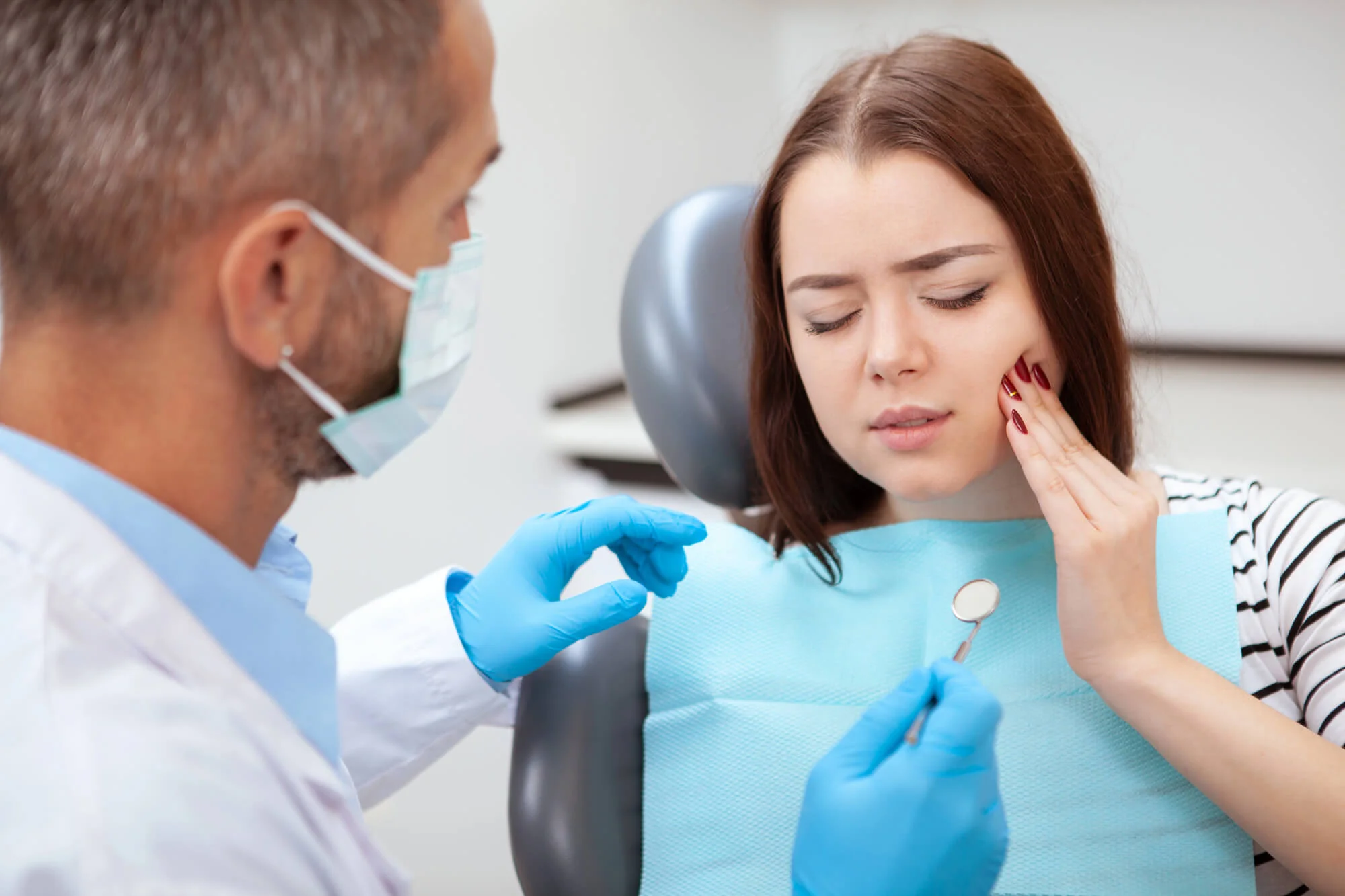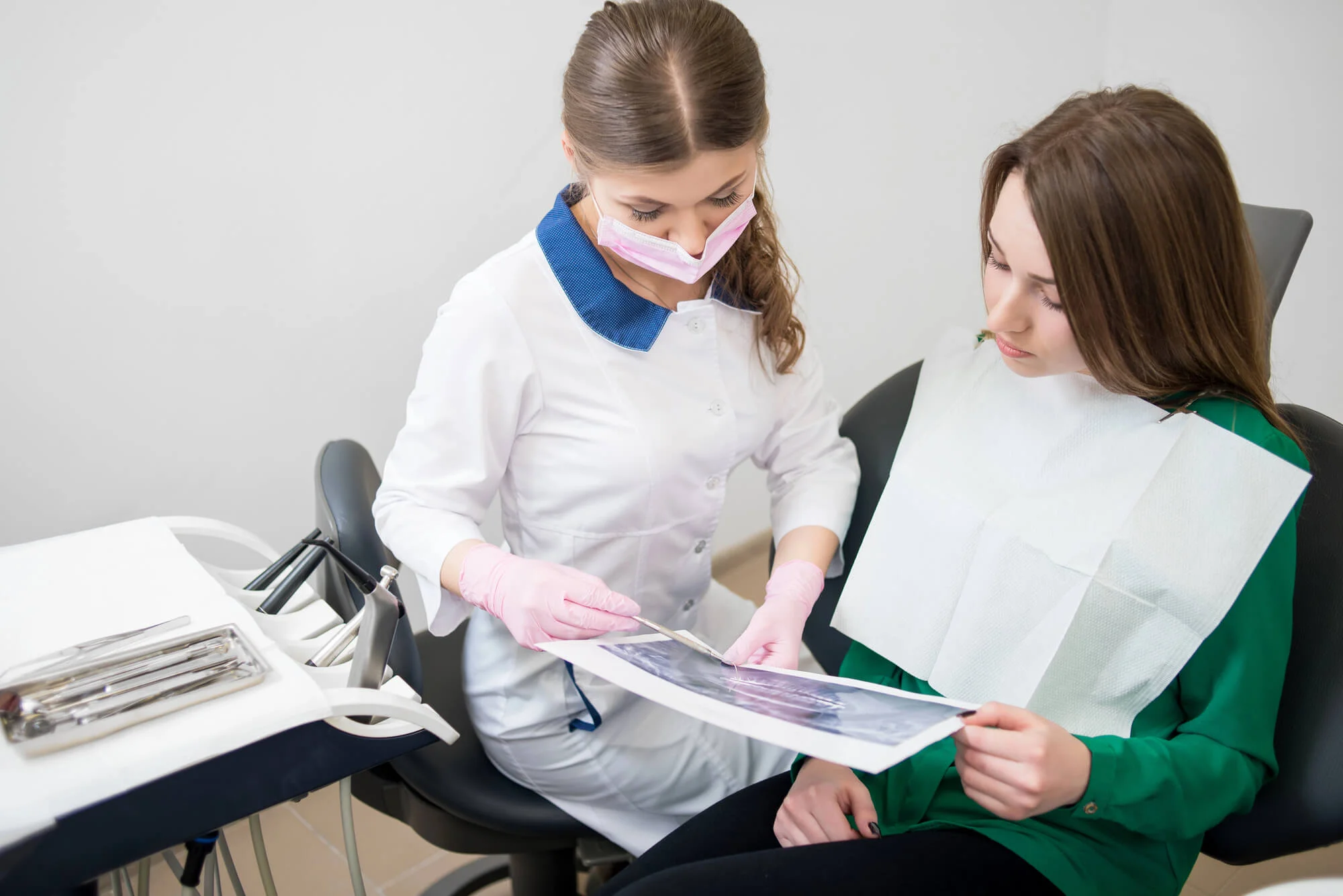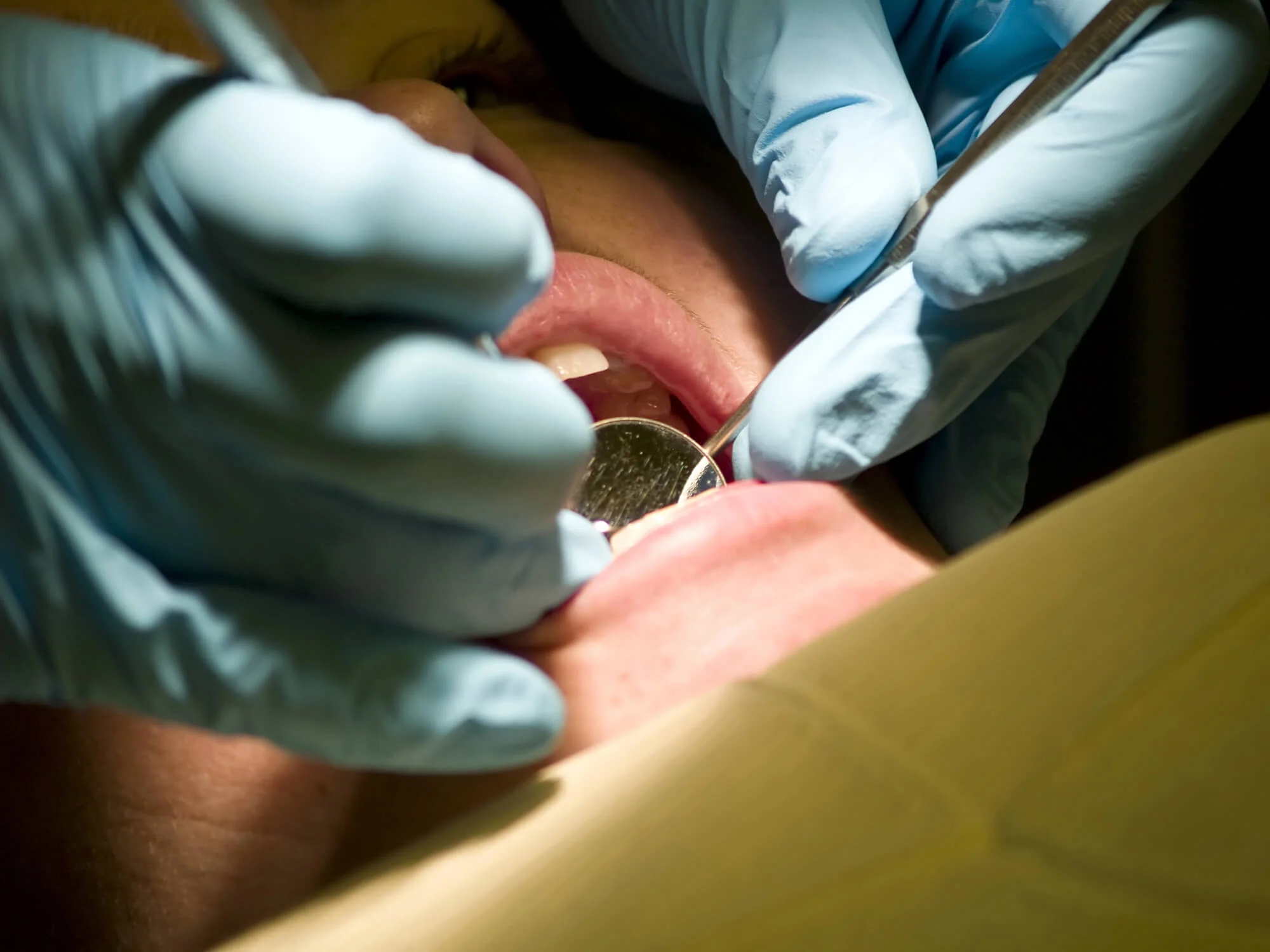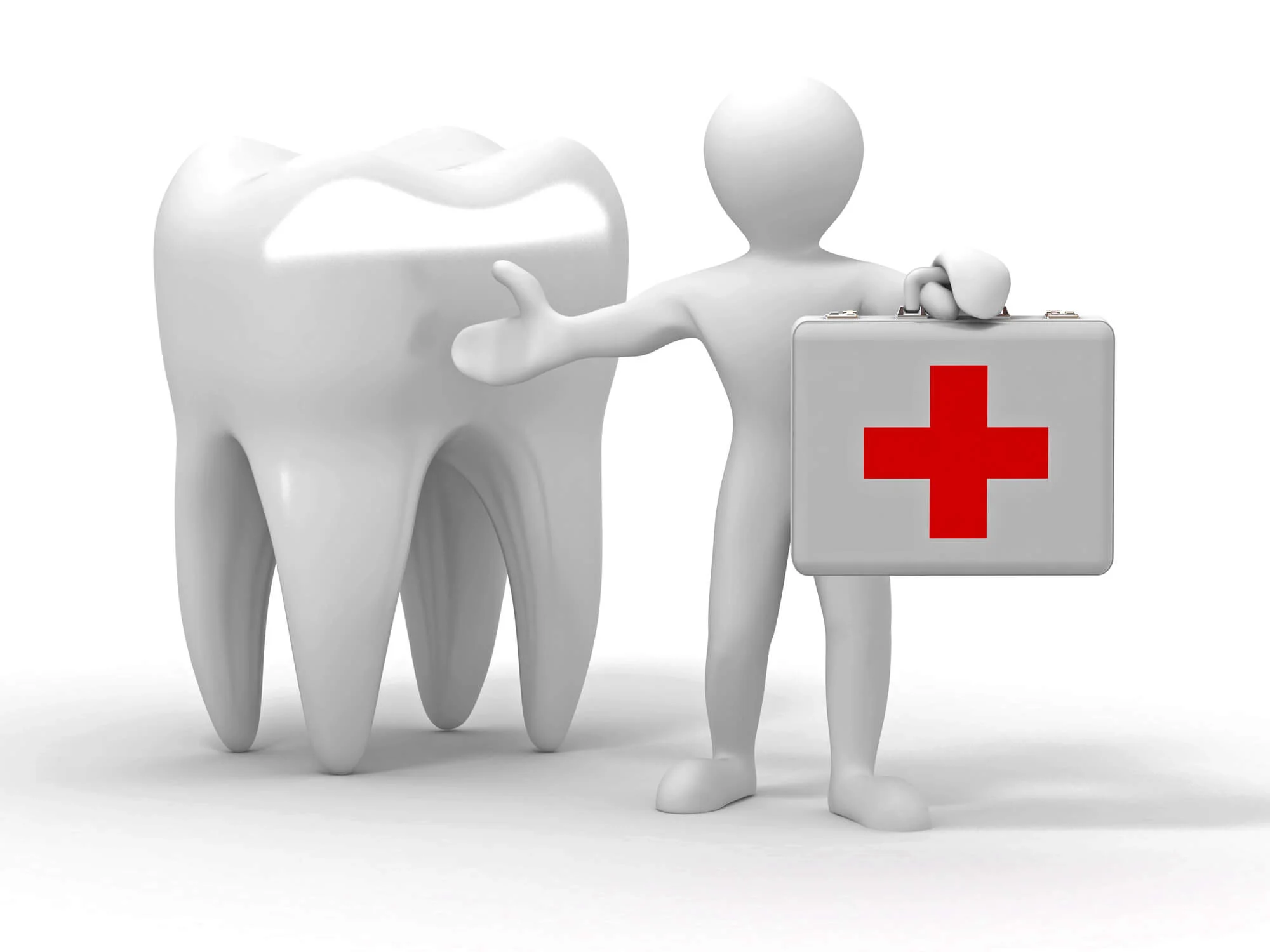
October 1, 2025
When a dental emergency strikes, it can feel overwhelming. A chipped tooth, a missing filling, or sudden pain can make it hard to think clearly. That’s when having an emergency dentist in Port St Lucie becomes essential. Knowing what to do in the first moments and how to manage the situation until you see a professional can save your tooth, reduce pain, and prevent further damage.

Understanding Common Dental Emergencies
Dental emergencies can happen at any time, often when you least expect them. While not every situation requires immediate treatment, some do need urgent attention. Understanding the difference helps you act quickly and effectively.
Broken or Chipped Tooth
A tooth can break from biting something hard, an accident, or existing decay. Sometimes it’s just a small chip, but the tooth may crack deeply in other cases. The severity determines whether you need immediate care.
If the break exposes nerves or causes bleeding, it’s considered urgent. Rinse your mouth with warm water, apply gentle pressure if there’s bleeding, and save any broken pieces if possible. Your dentist may bond the tooth, place a crown, or, in severe cases, recommend root canal therapy.
Many patients don’t realize that even a small chip can affect chewing or lead to further breakage. Even if there’s no pain, it’s always best to have it evaluated.
Lost Filling or Crown
A lost filling or crown leaves your tooth exposed and vulnerable. Sensitivity to hot, cold, or pressure may appear right away. If left untreated, the tooth could crack or develop decay.
Temporary dental cement from a pharmacy can provide short-term relief. Avoid chewing on that side until you see your dentist. A lost crown should be kept safe and brought with you to the appointment. If it is still intact, it can sometimes be re-cemented.
Repeated filling loss can be a sign of a bigger issue for patients who grind their teeth or clench at night. Discussing bite guards or strengthening treatments with your dentist may prevent future emergencies.
Severe Tooth Pain
Tooth pain often signals something deeper, like an abscess, infection, or advanced decay. Unlike minor discomfort, severe pain usually doesn’t improve on its own.
Rinsing with warm salt water and using over-the-counter pain relievers may offer temporary relief, but professional treatment is necessary. Ignoring severe pain risks spreading infection, which can affect surrounding teeth and gums.
Sometimes, patients wait, hoping the pain will go away. Unfortunately, untreated infections can spread beyond the mouth and even impact overall health. Seeking treatment quickly makes all the difference.
Knocked-Out Tooth
A knocked-out tooth requires immediate action. The quicker you act, the greater the chances of saving it. Pick up the tooth by the crown (not the root), rinse gently with water, and try placing it back in the socket if possible. If that’s not an option, keep it moist in milk or saline until you reach your dentist.
Time is critical; seeing a dentist within an hour gives the tooth the best chance of survival. Children and adults both benefit from fast action in these cases.
First Aid Steps You Can Take
Knowing what to do in the first few minutes can make a big difference. Here are some quick actions to follow in case of a dental emergency:
- Rinse with warm salt water to clean the area.
- Use a cold compress outside the mouth for swelling.
- Take over-the-counter pain relievers as needed.
- Avoid chewing on the affected tooth.
- Keep any broken or lost pieces to bring to your dentist.
These steps are not a substitute for treatment but can help stabilize the situation until professional care is available.
How to Tell If It’s Truly an Emergency
Not all dental issues require the same-day treatment. Sensitivity from whitening or a small chip that isn’t painful can wait for a scheduled appointment. But the following signs mean it’s time to call an emergency dentist:
- Severe, persistent pain that interferes with eating or sleeping
- A knocked-out or loose adult tooth
- Uncontrolled bleeding
- Swelling around the jaw or face
- Signs of infection, such as pus or fever
When in doubt, it’s always safer to call. A quick conversation with a dental team helps determine the urgency.
Managing Pain Until Your Appointment
Dental pain can be intense. While waiting for treatment, simple measures can help you stay comfortable. Cold compresses reduce swelling and numb discomfort, and over-the-counter medications like ibuprofen relieve inflammation.
Avoid very hot, cold, or sugary foods, since these can trigger pain. Stick with soft foods and chew on the opposite side of your mouth until your dentist provides care.
Patients often ask if numbing gels or home remedies help. While they may provide temporary relief, they should never replace professional treatment. Think of them as short-term aids, not solutions.

Preparing for Your Emergency Appointment
If possible, gather any broken tooth fragments, fillings, or crowns to bring with you. Write down your symptoms, when they started, and anything that makes them better or worse.
Bringing a list of medications or health conditions helps your dentist choose the safest treatment plan. The more information you provide, the faster your dentist can help relieve pain and protect your smile.
What Your Dentist Will Do
Treatment depends on the nature of the emergency. A cracked tooth may be repaired with bonding or a crown. A severe infection could require root canal therapy. If treated quickly enough, knocked-out teeth may be reimplanted.
The goal is always to preserve your natural teeth when possible. If that isn’t an option, your dentist will provide alternatives, such as implants or bridges, to restore function and appearance.
Your dentist may also provide antibiotics for infections or fit you with a temporary crown until a permanent one is ready. Every plan is designed to address both immediate pain relief and long-term health.
Preventing Future Emergencies
While not all accidents can be avoided, good habits significantly reduce your risk of dental emergencies. Simple daily practices protect your teeth and minimize the chance of sudden issues.
Consistent Oral Hygiene
Brushing twice daily with fluoride toothpaste and flossing once a day keeps decay at bay. Preventing cavities reduces the chance of sudden pain, broken fillings, or infections. Adding mouthwash helps control bacteria and keep gums healthy.
Replacing a soft-bristled toothbrush every 3–4 months prevents excessive wear. Electric toothbrushes can also improve cleaning efficiency, especially around restorations.
Regular Dental Checkups
Routine visits allow your dentist to catch small problems before they become emergencies. Early treatment of cavities, cracked fillings, or gum issues prevents severe pain or unexpected breaks. Professional cleanings also remove plaque that regular brushing can’t.
For patients with chronic conditions such as diabetes, dental checkups are especially important. Gum disease and infections may progress more quickly without consistent care.
Lifestyle Choices That Protect Teeth
Avoid chewing ice, biting fingernails, or using your teeth to open packages. If you play sports, always wear a mouthguard to reduce injury risk. Limiting sugary foods and acidic drinks also helps keep enamel strong.
Stress management plays a role as well. Grinding and clenching often happen during stressful times, leading to chipped teeth or crown damage. Using a night guard and practicing relaxation techniques can protect your smile.
Why Quick Action Matters
Ignoring a dental emergency can lead to greater complications. A small crack may deepen, a cavity can spread, and untreated infections may affect overall health. Acting quickly saves time, money, and stress in the long run.
Prompt care from a dentist relieves pain and ensures long-term oral health. With the right response, many emergencies can be resolved without lasting damage.
Emergency Dentistry and Peace of Mind
Knowing you have a trusted dentist available in urgent situations gives you confidence. Whether it’s for your own care or for a family member, access to reliable treatment reduces panic and provides peace of mind.
Being prepared, knowing what to do and where to go, turns an overwhelming situation into a manageable one.

Getting Help From an Emergency Dentist in Port St Lucie
When faced with a broken tooth, a lost filling, or sudden pain, the last thing you want is uncertainty. Having a plan and a trusted provider makes all the difference.
At Jensen Beach Smiles, compassionate care is available when you need it most. Their experienced team is ready to help relieve pain, repair damage, and restore your smile. Don’t wait until a small issue becomes a major problem. Contact Jensen Beach Smiles to book an appointment today for the urgent care you deserve.



.svg)
%401x.svg)


